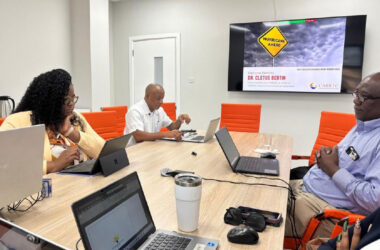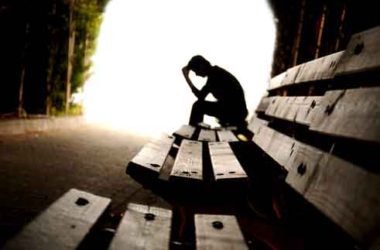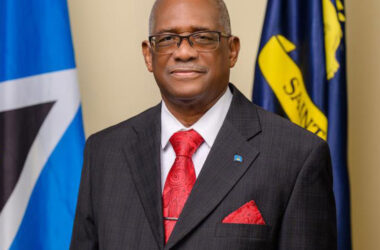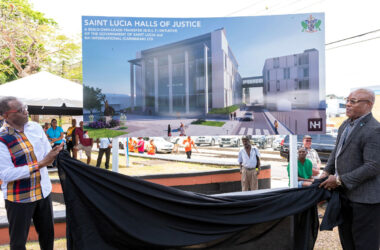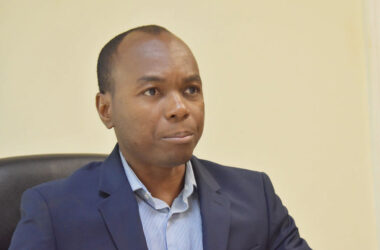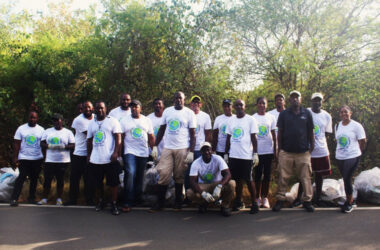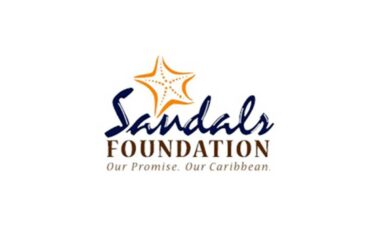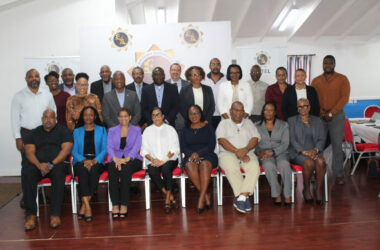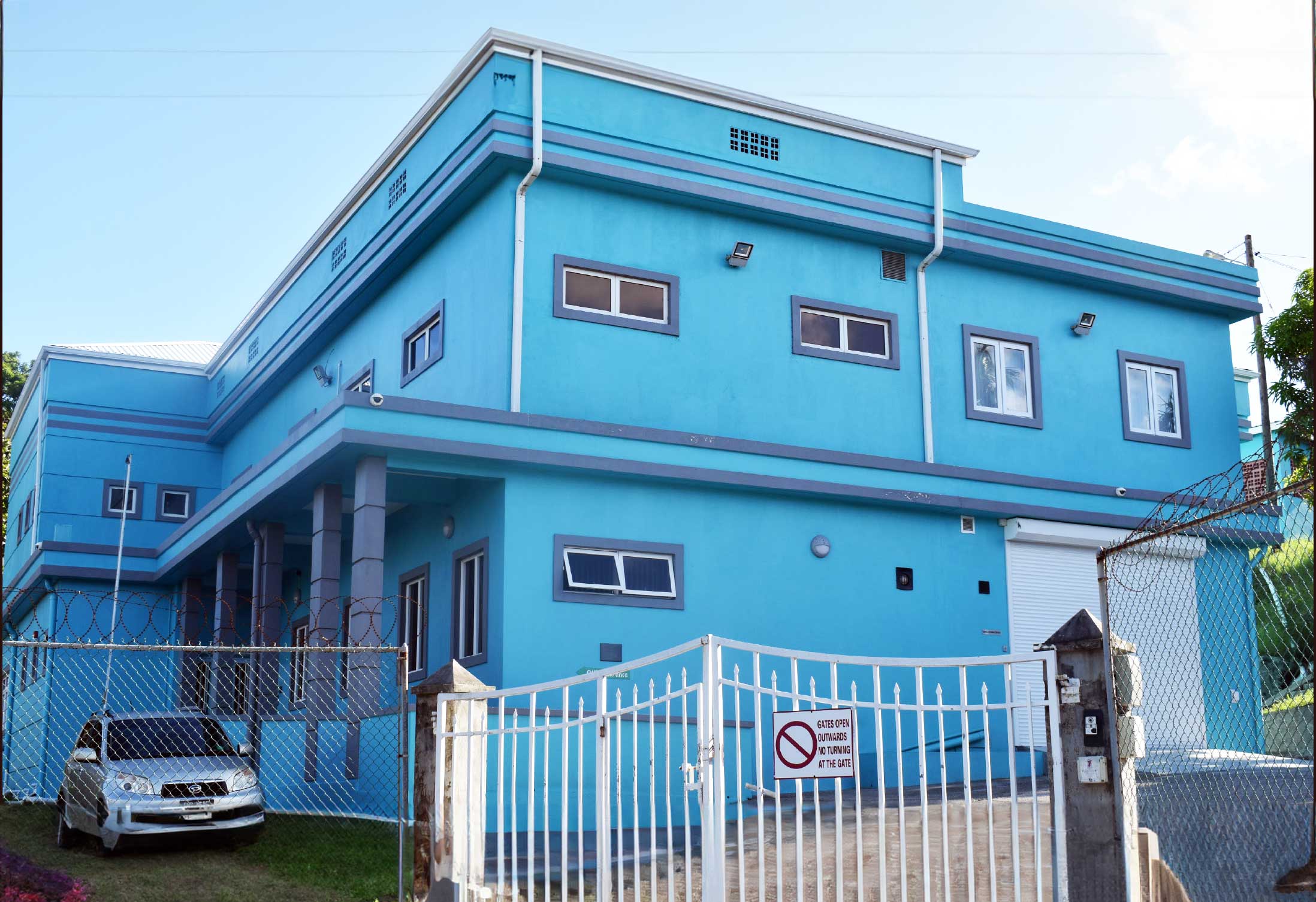
AFTER facing certain issues since it became operational in 2010, the Saint Lucia Forensic Science Unit (also known as the Forensic Science Laboratory) will enhance its capacities in the area of DNA analysis (on firearms.)
It will also be able to restore serial numbers to trace guns and potentially identify its users (at an advanced level) and link firearms with crime scenes or perpetrators.
That’s the word coming from the Prime Minister’s Office.
This was all made possible by Prime Minister Philip J Pierre who recently secured special operations equipment and more than $400,000 from the Republic of China (Taiwan).
“We have concentrated our efforts on crime abatement more than any other government and we will continue… I want to thank the Government of Taiwan for their continuous support in our efforts to combat crime,” Prime Minister Philip J Pierre said.
Taiwan’s Ambassador to Saint Lucia, His Excellency Peter Chen noted that “Pierre and his administration have consistently explored feasible ways to address the public security issue. In his state visit in November last year, Honorable Philip J. Pierre had a comprehensive conversation with Taiwan’s National Police Agency regarding police cooperation.”
Expanding the Lab’s firearms analysis capabilities will further strengthen the hand of the police as police investigators can integrate the enhanced technology to more accurately piece together firearm related crimes- the Forensic Science Laboratory will also be able to link crime scenes in the absence of physical weapons.
Police Commissioner Cruscita Descartes-Pelius earlier this week urged officers “to continue working hard to make Saint Lucia a better place especially as it relates to the funding to assist us in Forensics Lab. It is very vital at this time (as) very often criminals think that they can commit crime with impunity but today we are letting you (criminals) know that we are determined to put whatever we are going to receive to use and hold you accountable for your actions.”
The Lab currently offers services in drug chemistry, serial number restorations and tracing, body fluid identification and DNA analysis; it also helps to build national and international capacity through training in respective disciplines.
This week the United States government launched an effort to make the Laboratory a Regional Center for Excellence.
“This project is part of a USD$2.2 million United States investment in strengthening Caribbean forensics capabilities including Saint Lucia…,” a release from the U.S, Embassy in Barbados stated.
“The U.S. commitment to supporting the St. Lucia Forensic Lab is multi-faceted. We will continue to provide crucial assistance through training, expert exchanges, and the pursuit of accreditation. The Regional Center of Excellence serves as a hub for forensic capacity building and knowledge exchange in the Caribbean improving security for the Caribbean and its citizens,” U.S. Ambassador to Barbados Linda S. Taglialatela remarked.
U.S. Embassy Director of International Narcotics and Law Enforcement Reggie Singh noted that “the Forensics Regional Center of Excellence will enable Saint Lucian law enforcement and regional counterparts to collect and analyze crime scene evidence right here in the region – that means that criminals will be arrested, tried, and convicted more quickly and with firm scientific evidence.”
According to the release, “The United States’ Bureau of International Narcotics and Law Enforcement is proud to partner with the Saint Lucia Forensics Lab to bring Caribbean forensic capabilities up to international standards with the Regional Center of Excellence working toward the goal of International Organization for Standardization accreditation.”
This is quite a feat for the Laboratory which, in 2012 became largely unable to conduct investigative forensics when three services collapsed. It was closed again in 2015 when it was widely rumoured that samples were tampered with.
Despite these issues, the Unit pressed on, officially attaining accreditation from the American Association for Laboratory Accreditation (A2LA) in 2022.


